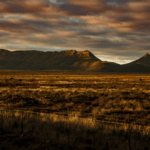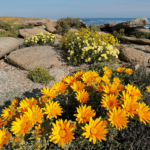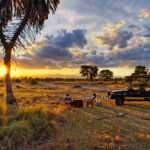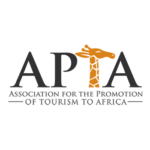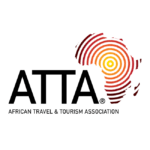Kruger National Park, located in northeastern South Africa, is one of the largest game reserves in Africa. Spanning over 19,000 square kilometers, it stretches across the Limpopo and Mpumalanga provinces. Renowned globally, Kruger is a recognized UNESCO Biosphere Reserve, famed for its diverse wildlife, including the Big Five: lions, leopards, rhinos, elephants, and buffalos.
Experience guided game drives, available both during the day and at night. These drives offer the best chance to see a variety of animals in their natural habitats. For a more up-close experience, join a walking safari led by armed and knowledgeable guides. It’s a perfect way to observe smaller flora and fauna often missed on drives. Kruger is a haven for bird enthusiasts, with over 500 species recorded. Keep an eye out for the park’s iconic birds, such as the Southern Ground Hornbill and the Fish Eagle.
If you prefer to explore at your own pace, Kruger offers extensive road networks suitable for self-drive safaris. Keep a map handy and enjoy spotting wildlife on your terms. Visit historical and cultural sites like Masorini and Thulamela, where you can learn about the park’s archaeological significance and indigenous cultures.
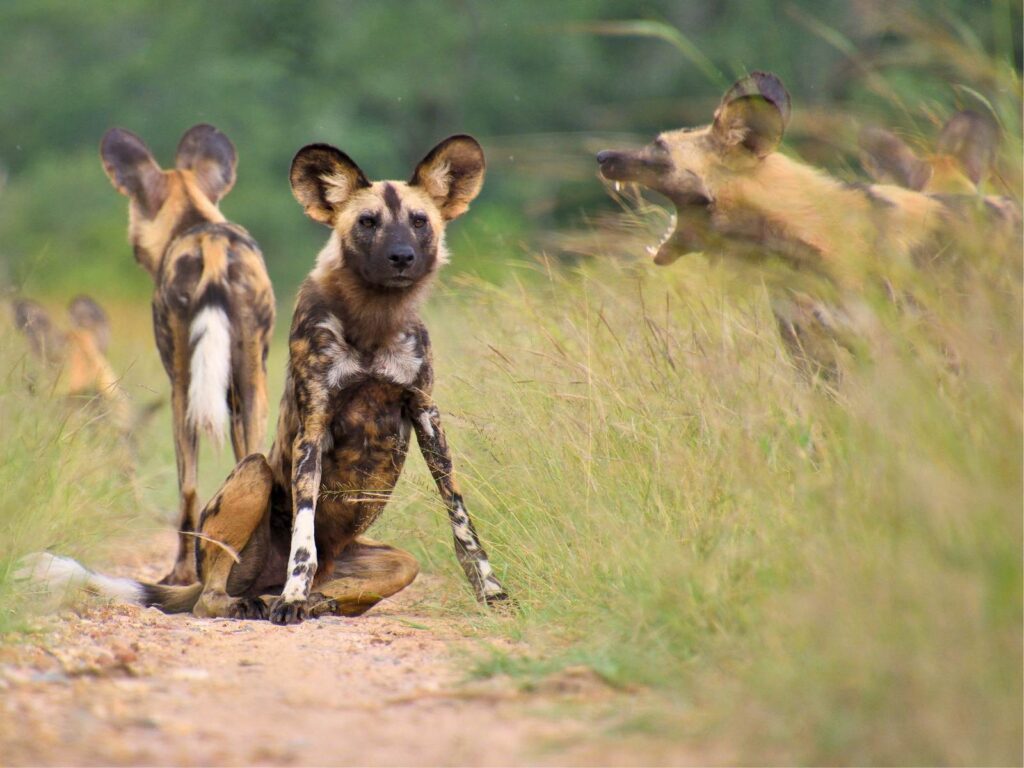
Best Time to Visit
Dry Season (May to September)
The best time to visit Kruger is during the dry season, from May to September. The sparse vegetation and water scarcity draw animals to waterholes and rivers, making wildlife easier to spot. The weather is also cooler and more comfortable for game drives.
Rainy Season (October to April)
While the rainy season from October to April brings lush greenery and newborn animals, thick vegetation can make wildlife spotting more challenging. However, it’s an excellent time for bird-watching and witnessing dramatic thunderstorms.
Precautions
Kruger National Park is a malaria-risk area, especially between October and April. Consult with a healthcare provider for anti-malarial medication and use insect repellent. Always remain in your vehicle during game drives unless in a designated area. Wild animals are unpredictable, and safety should be your priority. The African sun can be intense. Wear sunscreen, hats, and sunglasses, and stay hydrated. Follow park rules and guidelines to respect the wildlife and their habitats. Keep noise levels low and never feed or provoke animals. By following these guidelines, agents can confidently recommend a safe and memorable visit to Kruger National Park.


